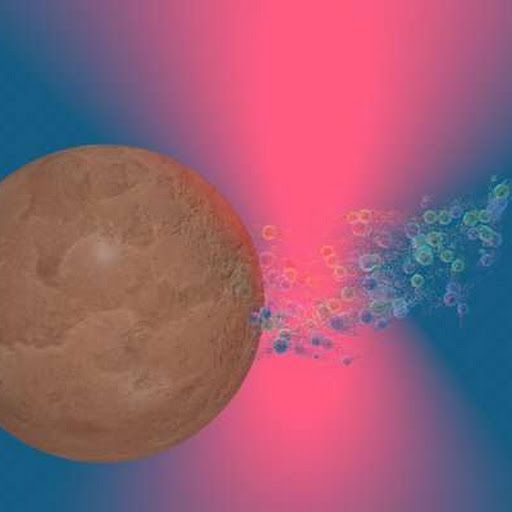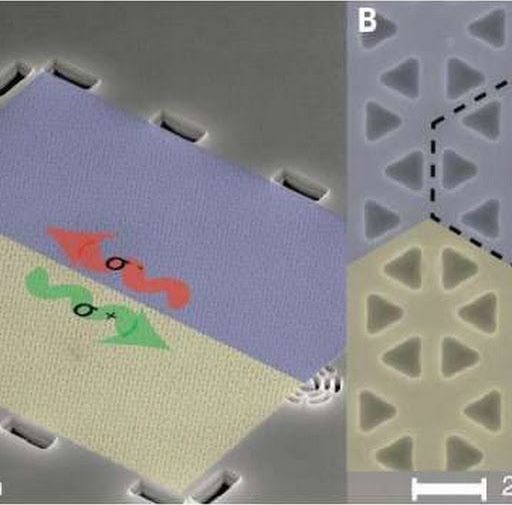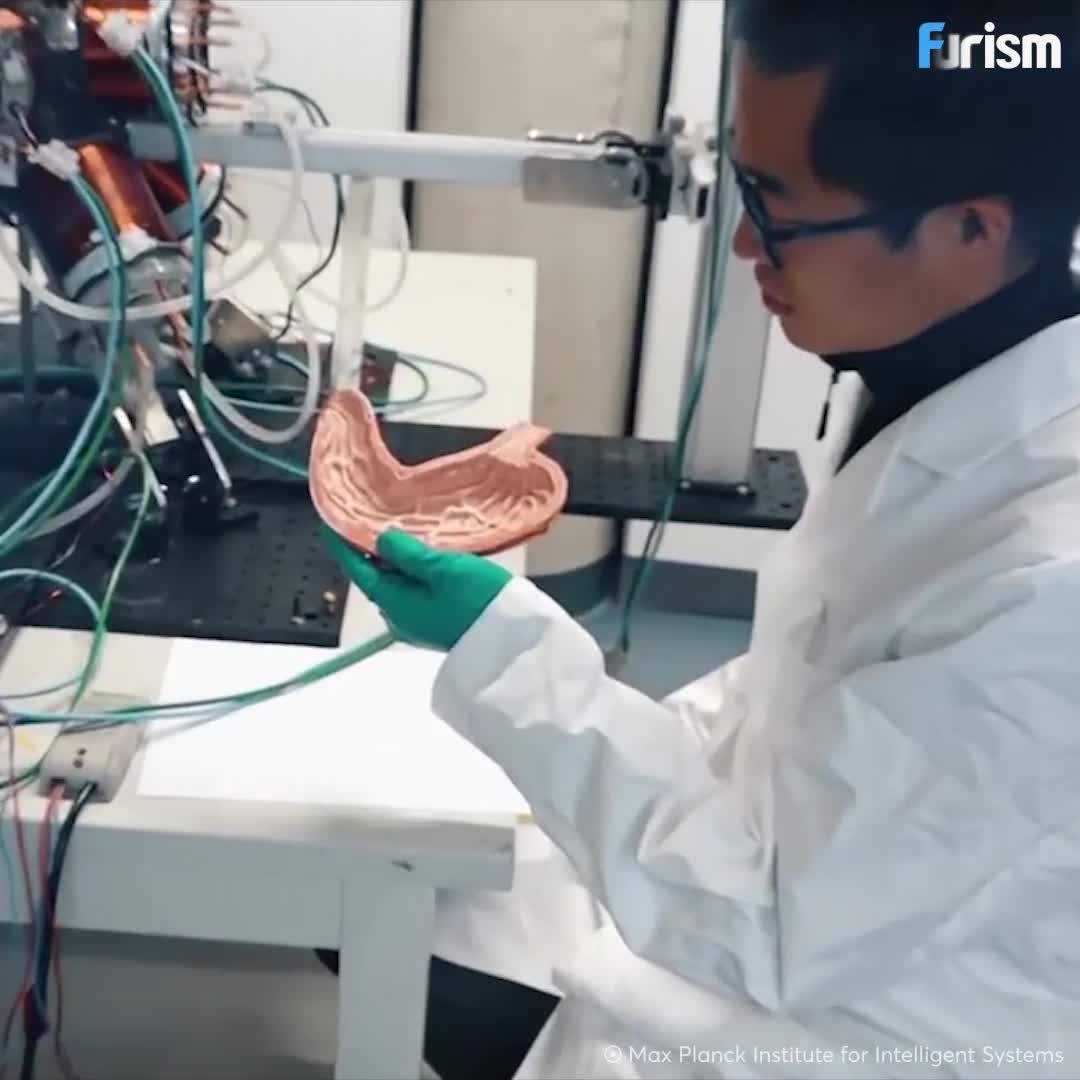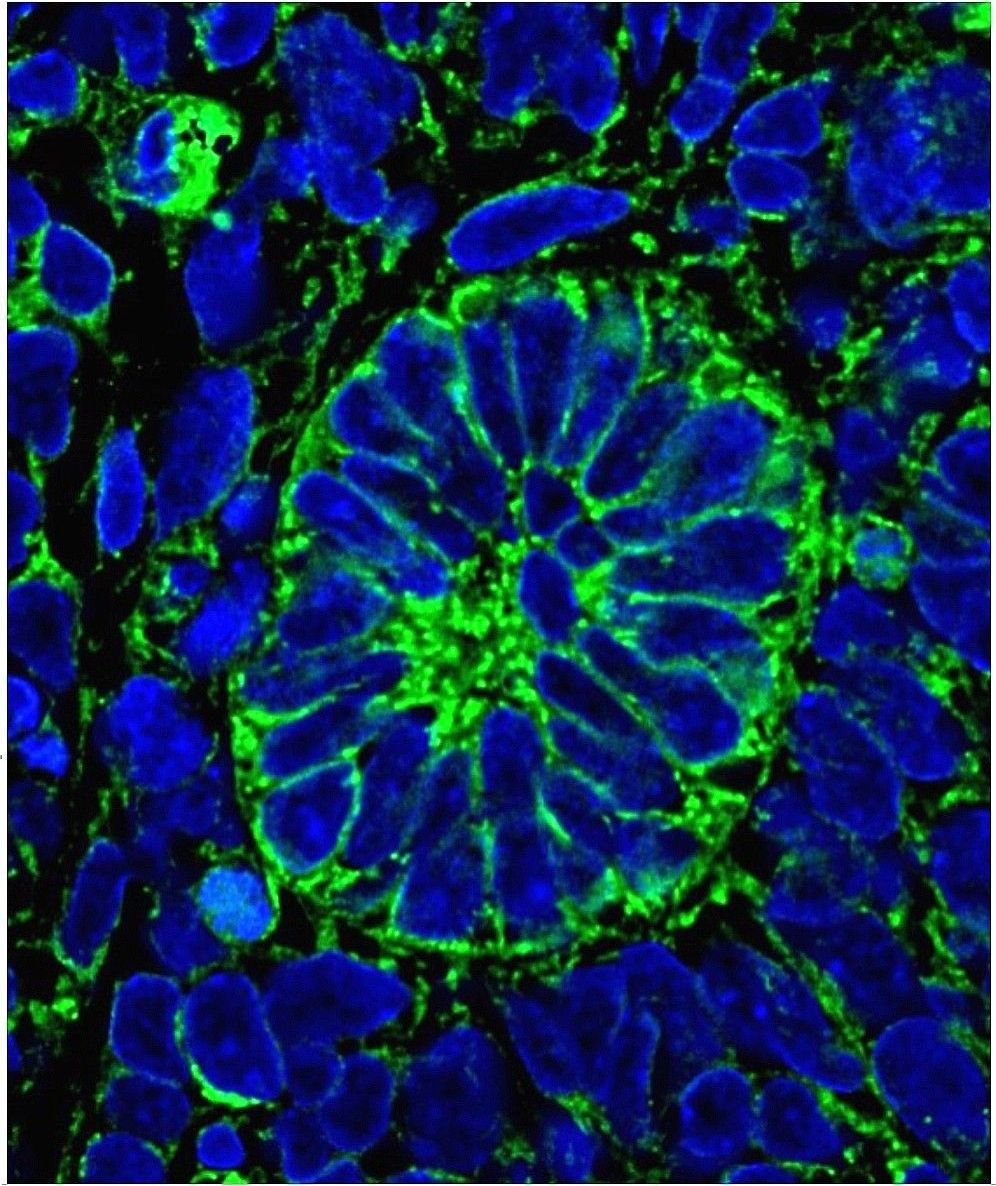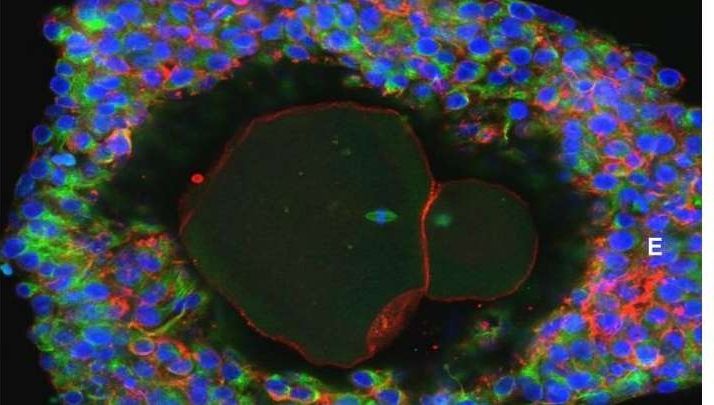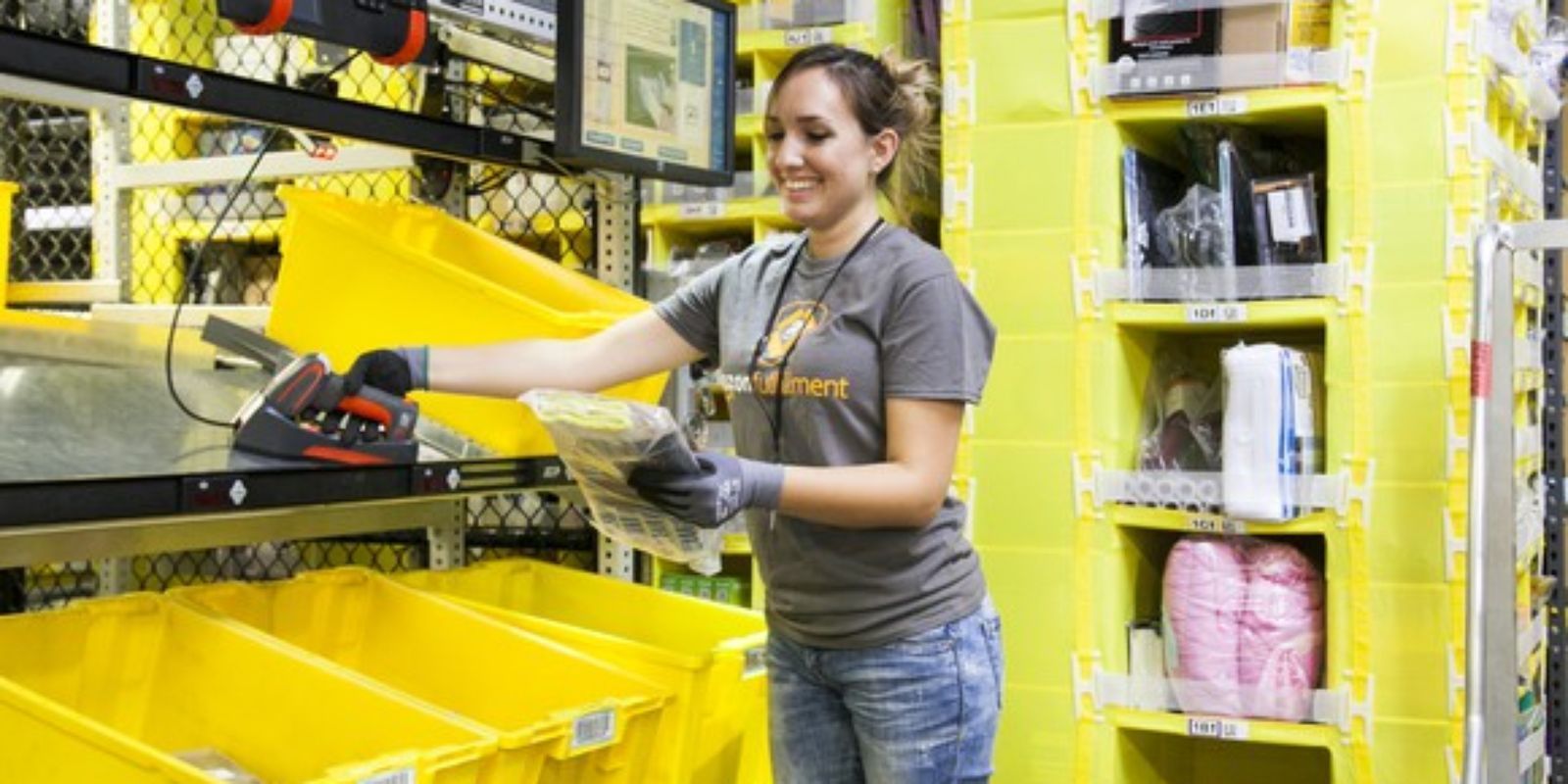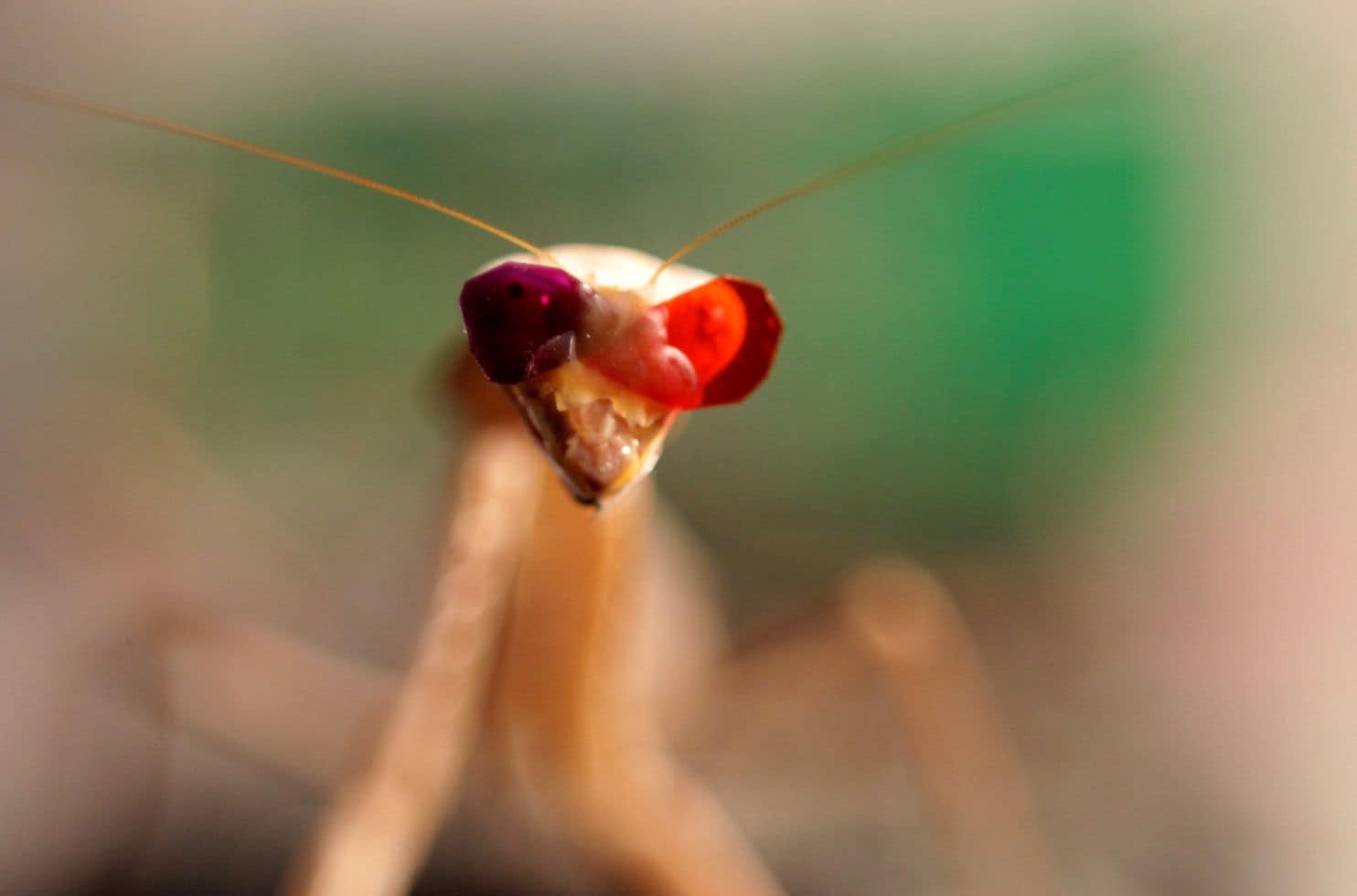Page 9667
Feb 12, 2018
Routing photons with a topological photonic structure
Posted by Genevieve Klien in category: futurism
Fabricated device and band structure. (A) Scanning electron microscope image of the device, which is composed of two regions identified by blue and yellow shading, corresponding to two photonic crystals with different topological properties. The interface between the two photonic crystals supports helical edge states with opposite circular polarization (s+ and s–). Grating couplers at each end of the device scatter light in the out-of-plane direction for collection. (B) Close-up image of the interface. Black dashed lines identify a single unit cell of each photonic crystal. Credit: Science…
Feb 12, 2018
This is why the language you speak can change how you perceive time
Posted by Shailesh Prasad in category: neuroscience
Professor Panos Athanasopoulos, a linguist from Lancaster University and Professor Emanuel Bylund, a linguist from Stellenbosch University and Stockholm University, have discovered that people who speak two languages fluently think about time differently depending on the language context in which they are estimating the duration of events.
The finding, published in the ‘Journal of Experimental Psychology: General’, reports the first evidence of cognitive flexibility in people who speak two languages.
Bilinguals go back and forth between their languages rapidly and, often, unconsciously — a phenomenon called code-switching.
Continue reading “This is why the language you speak can change how you perceive time” »
Feb 12, 2018
A tiny robot is being put to work inside the human body
Posted by Shailesh Prasad in categories: biotech/medical, robotics/AI
Feb 12, 2018
How Technology Is Leading Us Into the Imagination Age
Posted by Shailesh Prasad in categories: economics, education, employment, robotics/AI, virtual reality
In many ways, the future is unpredictable. A report by the World Economic Forum reveals that almost 65 percent of the jobs elementary school students will be doing in the future do not even exist yet. Combined with technological automation and the disappearance of traditional jobs, this leaves us with a critical question: how can we survive such a world?
The answer may be imagination.
Initially coined by Rita J. King, the imagination age is a theoretical period beyond the information age where creativity and imagination will become the primary creators of economic value. This is driven by technological trends like virtual reality and the rise of digital platforms like YouTube, all of which increase demand for user-generated content and creativity. It is also driven by automation, which will take away a lot of monotonous and routine jobs, leaving more higher-ordered and creative jobs.
Continue reading “How Technology Is Leading Us Into the Imagination Age” »
Feb 12, 2018
This semi-truck drove 2,400 miles with no driver
Posted by Shailesh Prasad in categories: robotics/AI, transportation
Feb 12, 2018
Scientists create functioning kidney tissue
Posted by Shailesh Prasad in category: biotech/medical
Scientists have successfully produced human kidney tissue within a living organism which is able to produce urine, a first for medical science.
The study led by Professors Sue Kimber and Adrian Woolf from The University of Manchester, signifies a significant milestone in the development of treatment for kidney disease.
The Medical Research Council and Kidney Research UK funded project is published in the journal Stem Cell Reports.
Continue reading “Scientists create functioning kidney tissue” »
Feb 12, 2018
Human Eggs Have Been Grown In The Lab For First Time
Posted by Shailesh Prasad in category: biotech/medical
For the first time, scientists have grown human eggs to full maturity in a lab, in a move that could open the doors to new fertility treatments.
This monumental feat was achieved by scientists at the University of Edinburgh in Scotland. Their research is published in the journal Molecular Human Reproduction. A similar venture has previously been achieved with mouse eggs, even using the lab-grown eggs to create live mice offspring. However, even after decades of work, researchers have always struggled with replicating the research with human cells.
The lab-grown human eggs start off life, so to speak, as immature egg cells that were removed from ovarian tissue at their earliest stage of development. Scientists then cultured the immature egg cells in a multi-stage process over a few weeks, sensitively controlling the fine balance of oxygen, hormones, and necessary proteins. This process matured the immature egg cells to the same stage “normal” eggs would be when released from the ovaries.
Continue reading “Human Eggs Have Been Grown In The Lab For First Time” »
Feb 12, 2018
Amazon is testing its own delivery service. If it succeeds, expect a price war
Posted by Shailesh Prasad in category: transportation
SAN FRANCISCO — Amazon’s planned test of its own delivery service from merchants’ warehouses to its fulfillment centers is the first step in a long-term strategy that could change how packages make the final journey to your door, possibly resulting in lower prices and faster shipping times for consumers.
The experiment is expected to launch sometime later this year in the Los Angeles area with a handful of companies that sell goods on Amazon’s site, sources familiar with the project who asked to remain anonymous because they weren’t authorized to speak publicly told USA TODAY.
The proposed service would allow third party sellers — whose goods make up the majority of those sold on Amazon — to have an Amazon truck come to their warehouse, pick up pallets of packages and take them to an Amazon fulfillment center where they would be inserted into Amazon’s formidable delivery system. Right now they have to ship them to Amazon centers themselves.
Continue reading “Amazon is testing its own delivery service. If it succeeds, expect a price war” »
Feb 12, 2018
Researchers who made praying mantises wear glasses discover a new type of vision
Posted by Shailesh Prasad in category: entertainment
Scientists studying insect vision make praying mantises watch movies at the “insect cinema.”
